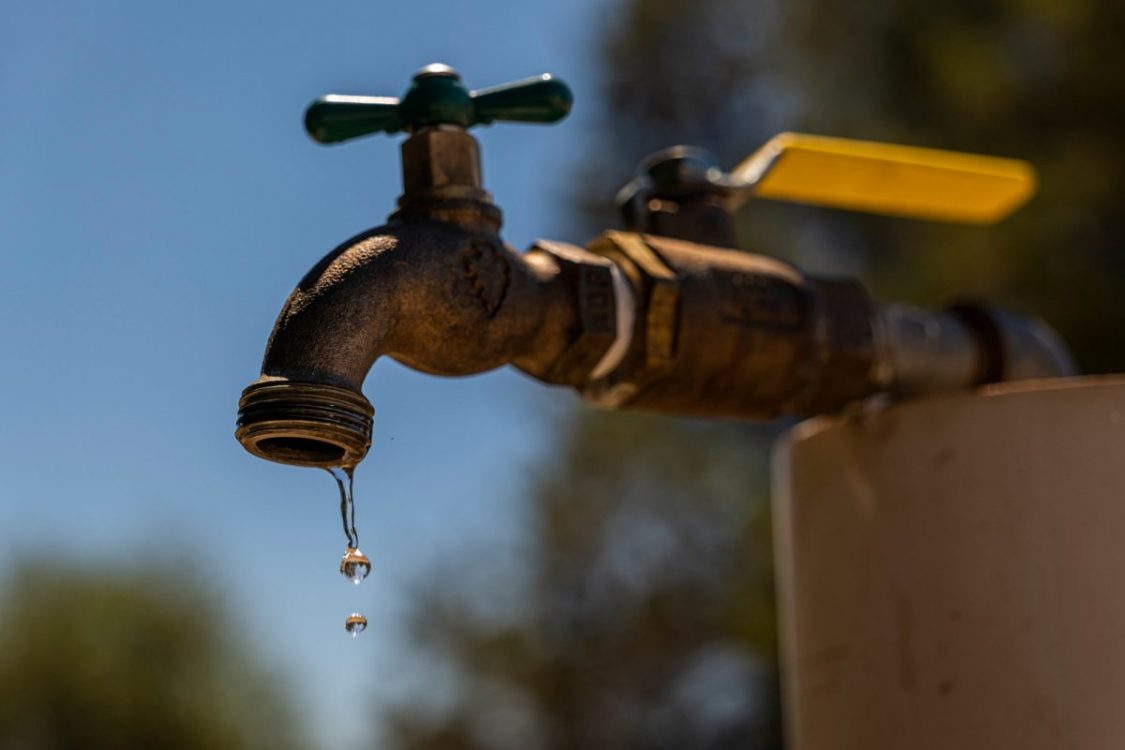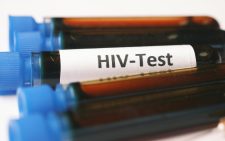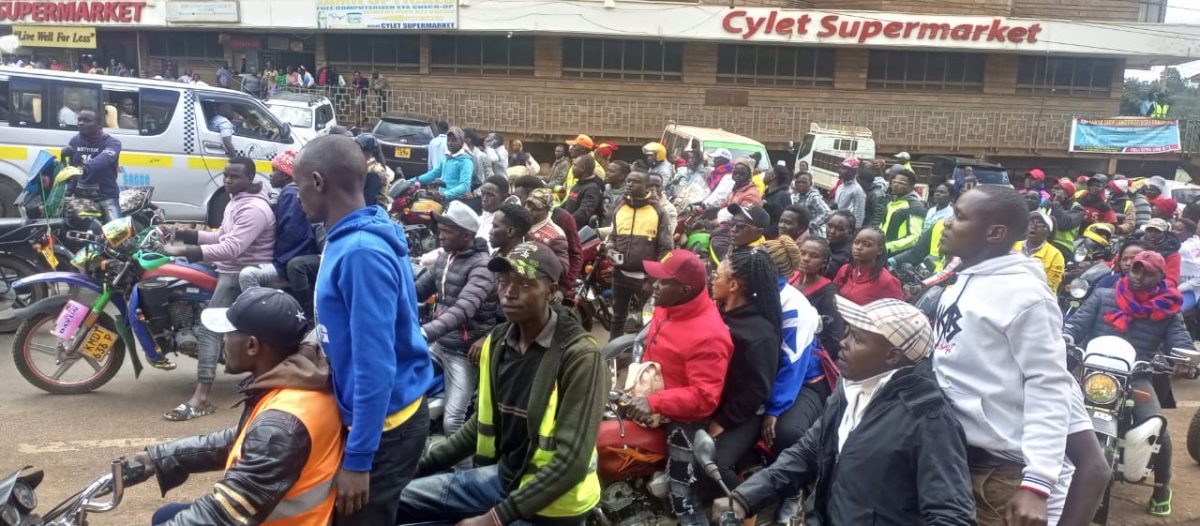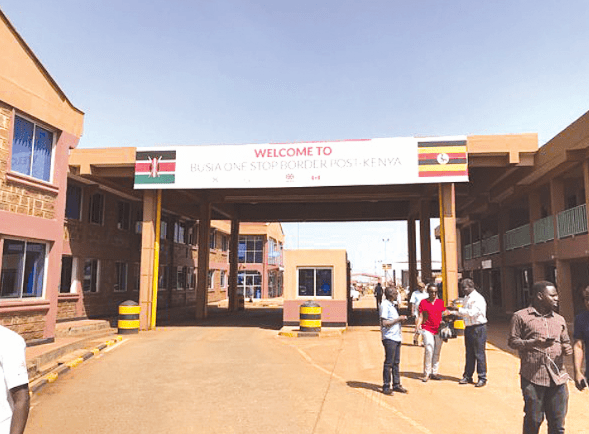Isiolo export abattoir to be a game-changer for livestock sector
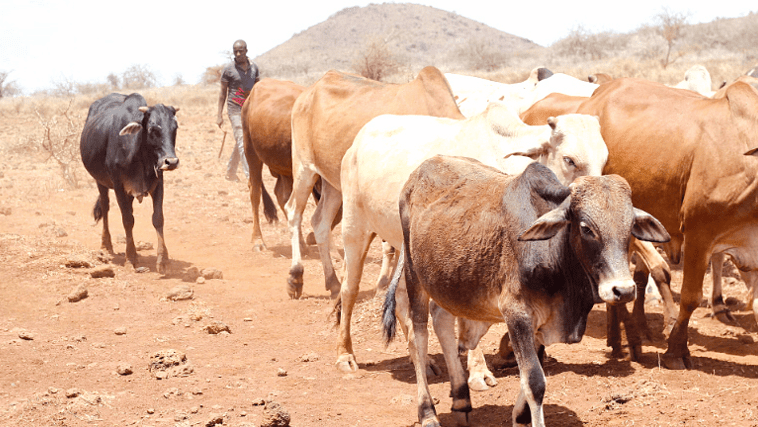
FACILITY: Isiolo Export Abattoir which is set to revolutionise and add value to the Sh15 billion to the livestock sector is nearing completion. Governor Abdi Ibrahim said the facility is expected to have a capacity to process 10,000 goats, 500 cows, and 300 camels daily, and is expected to create over 300 jobs.
The governor who spoke during the Isiolo, Marsabit and Samburu Investment Conference held in the Isiolo County area said the facility will also generate a substantial volume of hides and skins, bolstering the leather tanning industry.
Leather industry
“In line with the national government’s aspiration of creating direct and indirect jobs in the leather industry, I encourage investors to consider establishing a leather tanning factory near our modern export abattoir,” Ibrahim said.
According to the Kenya Leather Development Council (KLDC), Kenya’s hides, skins, and leather tanning industry is currently valued at about Sh15 billion.
The council in its strategic plan ending in the financial year 2026/27 says the sector has significant growth potential, with projections indicating it could reach Sh120 billion.
The industry employs around 17,000 people, but with increased investment and value addition, it has the potential to create up to 100,000 jobs. Ibrahim urged investors to visit and explore the economic potential of the region. He highlighted the national government’s goal of job creation in the leather industry and encouraged the establishment of a leather tanning factory near the new abattoir.
Additionally, the governor noted the increasing demand for camel milk products and invited companies to set up milk processing facilities in Isiolo, which would benefit local farmers and create jobs for the youth.
Speaking at the same function, United States Agency for International Development (USAID) Resilience Coordinator for Kenya and East Africa Mission Jennifer Maurer highlighted the Impact for Northern Kenya (INK) Fund, which has supported over 12,000 small businesses in the livestock and agriculture sectors since 2021.
“The INK Fund aligns with USAID’s 2025 goal of fostering economic growth and environmental sustainability, particularly supporting women-led businesses,” she said.
The conference, which brought together investors, local entrepreneurs, government officials, and development partners focused on innovative methods to enhance livestock productivity, such as feed lotting and commercialization, as well as breeding techniques. Additionally, stakeholders discussed opportunities in tourism, renewable energy, fishing, and mining.




